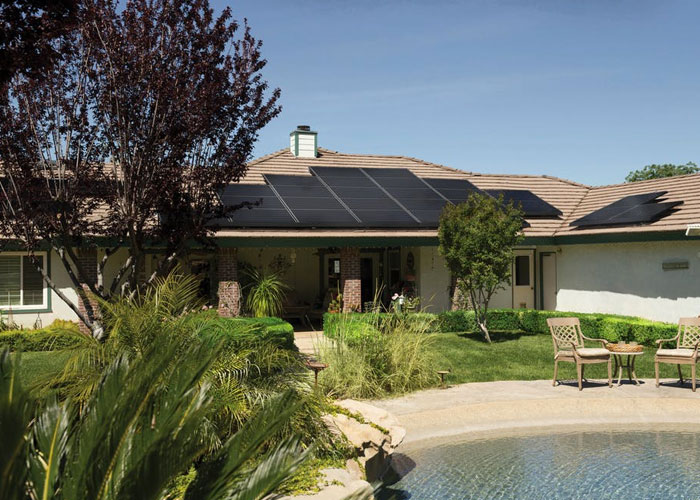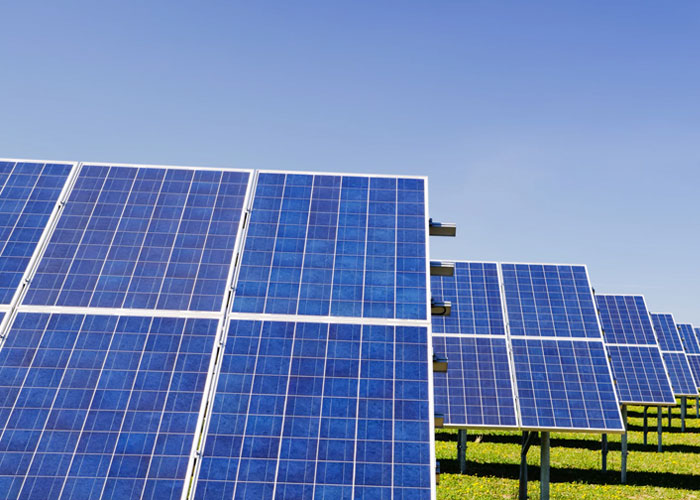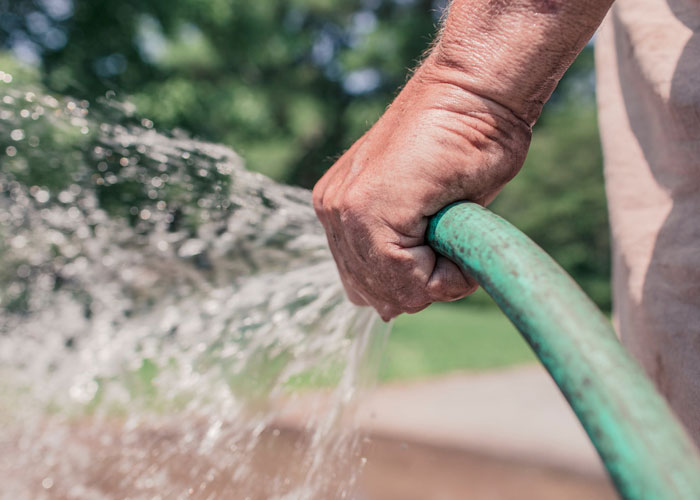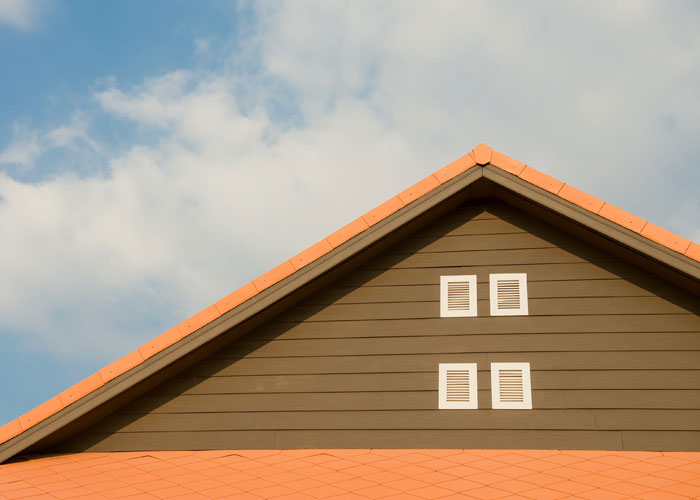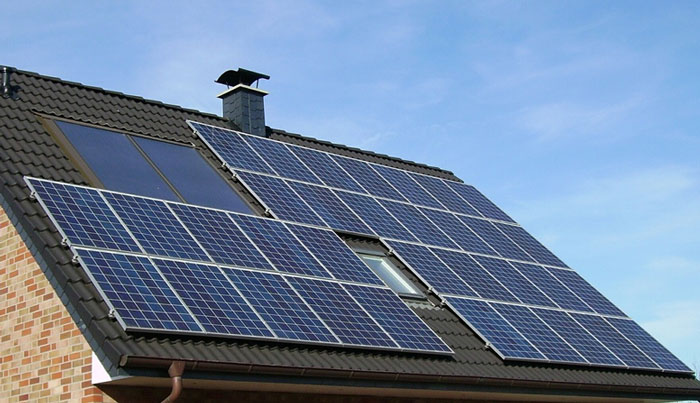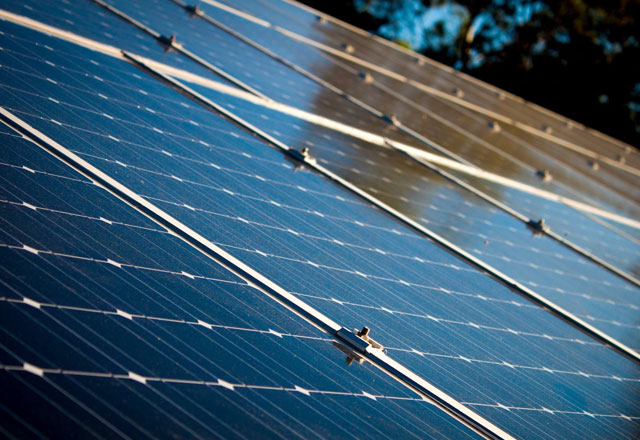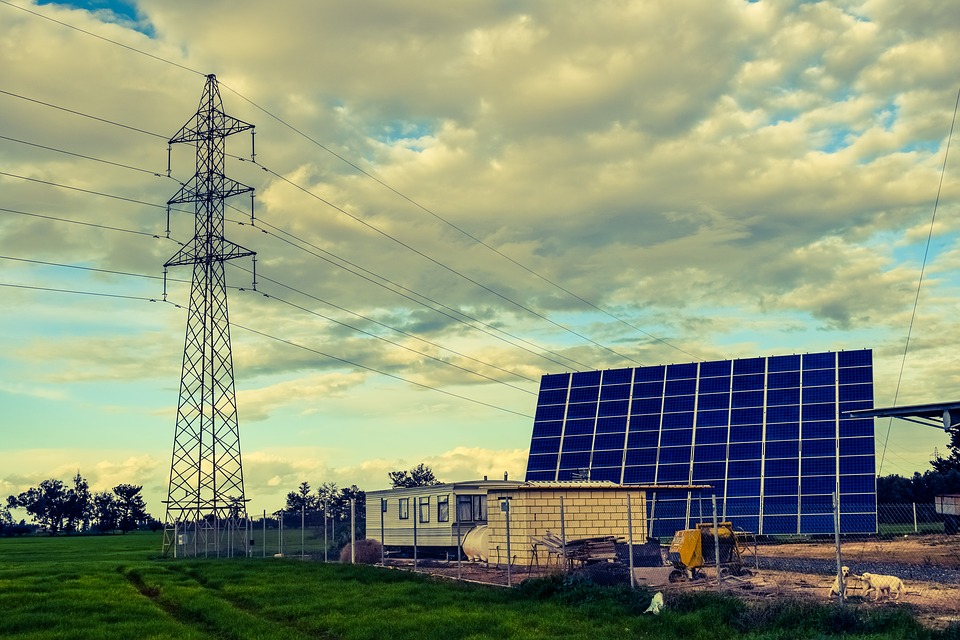Considering Buying Solar Panels? Here’s What You Need to Know
More and more homes are moving to solar power as green initiatives become a greater priority for homeowners. A lot of people are curious about solar power and its benefits, but may not be entirely sure how it works. Do you have to convert your home so it uses only solar energy? What happens when you don’t have enough solar power? What equipment is required?
It’s only natural to want to know as much as possible before you consider adding solar panels to your home. Here is the basic information on how a residential solar power set up could work for you.
What Are Solar Panels and How Do They Work?
A solar panel is a metal frame containing a layer of silicon cells in a glass casing with wiring to allow current to flow from those cells. These cells are known as photovoltaic cells, because they have the property of being able to absorb sunlight and convert it to electricity.
The process of a solar panel collecting energy to power your home is simple. As the sun hits the solar panels on the roof or other exposed area of your home, it agitates electrons in the silicon cells. This in turn generates a flow of electric current that the nodes and wiring in the panel capture as DC, or direct current, electricity.
The current then flows into a solar inverter connected to the wires, which converts this current into the AC, or alternating current, that your home uses. This AC current is then available through the electric outlets into your home to be used just as you currently use the electricity from the power company to power your lights, appliances, and other household devices.
How Does My Solar Panel System Work With the Power Grid?
So, once your solar panel system is connected, must you rely only on solar power? You can, but you do not have to. First, your system can be connected to solar batteries that store solar energy for use at night or when the sun is blocked by clouds.
More importantly, your solar system can be connected to your power grid utility meter. In most areas, this will enable what is called net metering.
What net metering means is that your solar panel system and the local power grid work together to your benefit. When you are not drawing as much power as you need from the solar panels, the power grid kicks in and you get a boost from the local electricity utility.
However, when you have more power than you need, you can actually feed that power into the grid and earn credits from the electric utility. Earn enough credits, and you can draw on the extra power when you need it for free.
How Much Does a Solar Panel System Cost?
The cost of solar panel systems can vary depending upon where you are, how many competing solar companies are in the area, and how much solar panel coverage you plan to get. You can get basic information on solar options in your area here right now.
Remember that in addition to being better for the environment, solar panels can pay for themselves very quickly with the money that you may save on your electric bill.

